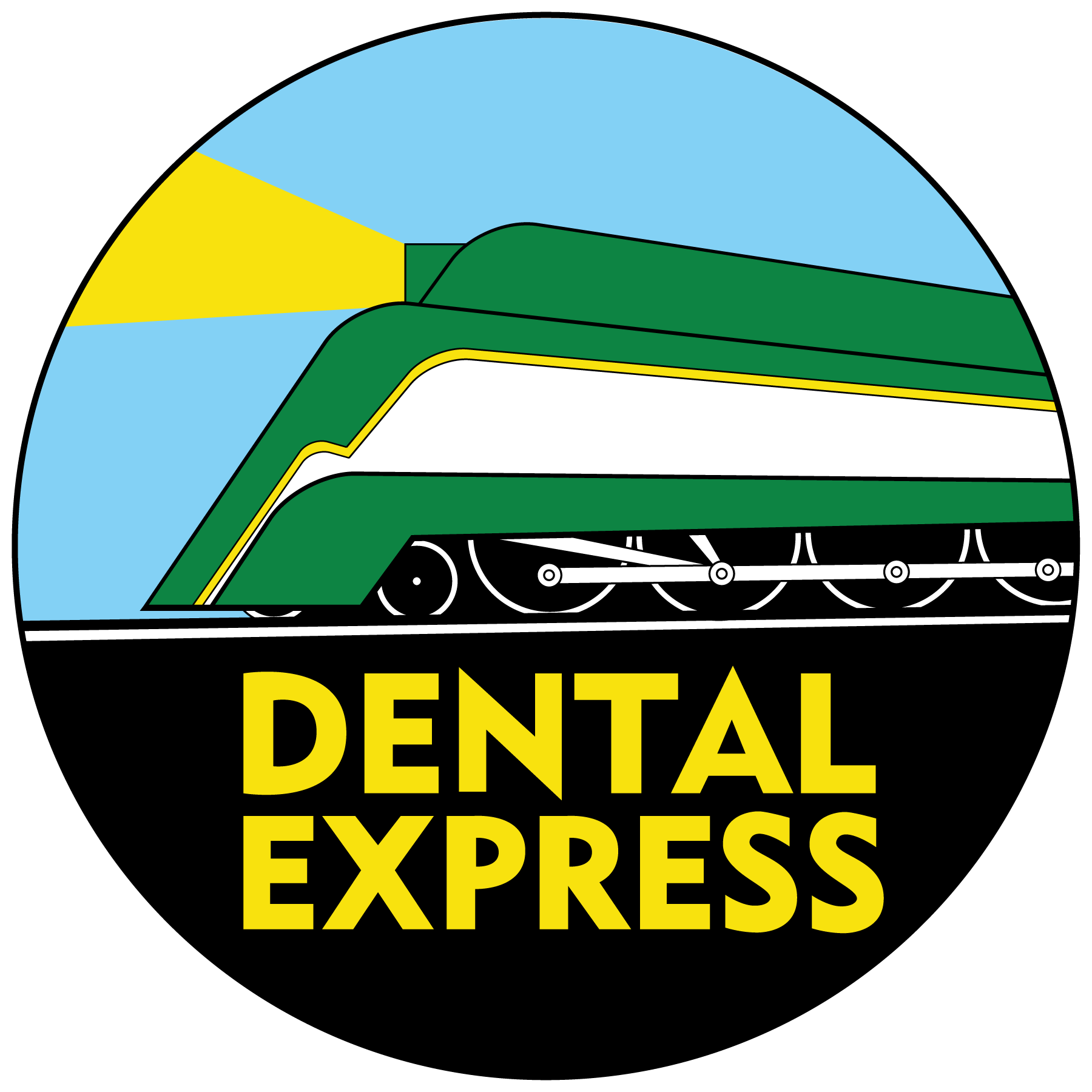When you’re experiencing severe dental symptoms, such as a persistent and acute toothache or a cracked tooth, it’s important to quickly seek emergency dental care. Due to the COVID-19 pandemic, many dental practices are only seeing patients with dental emergencies. This makes it important for you to understand what warrants an immediate dental visit at Dental Express in San Diego, CA. Our professional team wants to help resolve your pain and discomfort as quickly as possible.
Signs that you are experiencing a dental emergency
It’s difficult to know when something is severe enough to need help from an emergency dentist. An untreated dental issue can impact your overall health. This makes it vital for you to contact our professional team at Dental Express in San Diego, CA immediately after experiencing a dental emergency. We are committed to offering urgent dental care 24/7 for our patients.
Here are some signs that you may be experiencing a dental emergency:
-
Tooth damage: Generally, cracks or chips can wait until regular hours. However, if you have a large break in your tooth, it is considered a dental emergency. A severe break can lead to damage inside the tooth, which may increase your risk of needing a root canal later.
-
Severe pain: If your tooth pain or sensitivity has continued to get worse over time, it could mean you’re experiencing an infection. In cases where a toothache doesn’t go away, it’s important to contact our emergency dentist at Dental Express in San Diego, CA. When left untreated, an infection in the tooth could get into the bloodstream and lead to serious health problems.
-
Lost tooth: If you have lost a tooth, place it in milk and saliva to best preserve it. The faster you can get your tooth back into the socket, the better the chance it will be functional for you again.
-
Abscess: Any signs of an abscess warrant a visit to our emergency dentist. An abscessed tooth means there is an infection at the root of the tooth. This will require a procedure where the tooth is thoroughly drained in order to treat it.
-
Swollen jaw: Swelling in the jaw can also signal an infection. Other signs of infection include bad breath, trouble breathing or swallowing, or fever. These symptoms warrant the need for urgent dental care at our office.
-
Metal taste: If you’re tasting metal, an old filling may have cracked or loosened. Emergency dental care can fully restore your tooth before any bacteria gets inside, leading to the need for more extensive dental procedures in the future.
When should I seek emergency dental care?
Many injuries or situations are considered dental emergencies. At Dental Express in San Diego, CA, we specialize in treating these situations to properly restore our patients’ oral health. Loose or dislodged teeth, gum injuries, and lost fillings or crowns are just a few examples of when urgent dental care is needed. Depending on your dental emergency, our emergency dentist may provide immediate treatment or prescribe antibiotics to resolve an infection before going further. Once the infection has cleared, they can provide the necessary treatment.
Treating tooth pain
The type of treatment we will use to treat your tooth pain will depend on its cause. After a thorough dental examination, we can recommend the best solution.
Some treatment methods we use to root canal pain treatment and dental emergencies can include:
-
Fillings
-
Crowns
-
Root canal therapy
-
Topical solutions
-
Antibiotics
Learn more about urgent dental care services from an emergency dentist
It’s important that you’re always aware of what is going on in your mouth to avoid any serious dental issues from occurring. Any significant changes can signal a dental problem. When you have tooth pain or notice other signs of a dental emergency, you should call to schedule an emergency dental care visit with Dental Express in San Diego, CA. We are dedicated to helping our patients with any dental emergency they may be experiencing. We are available to both restore your oral health and to help resolve any pain or discomfort you may be experiencing.

